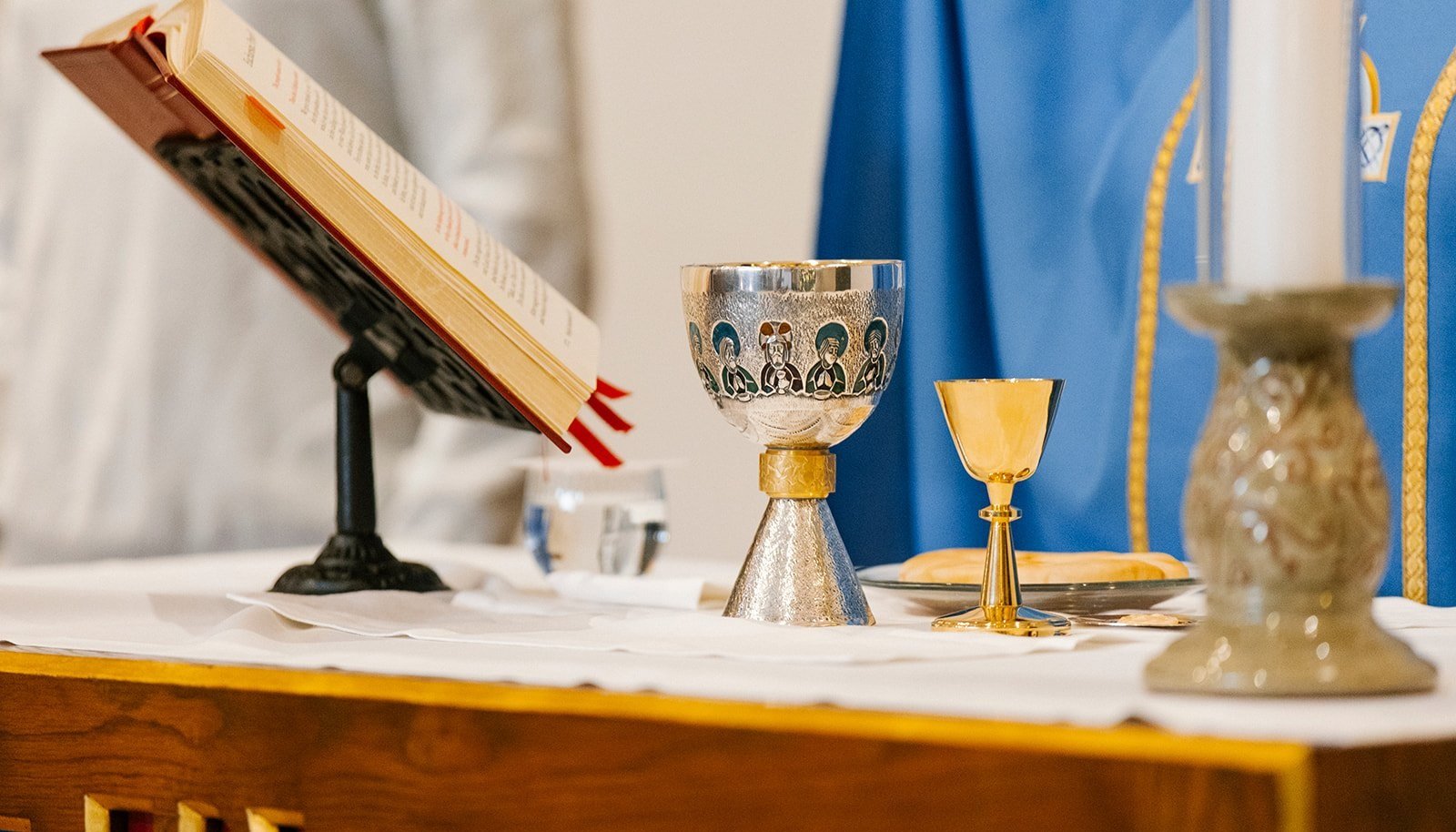What is ‘Episcopal’?
The Episcopal Church was born in the American Revolution — and has been breaking the rules ever since.
It was the first non-black church to march in the Civil Rights Movement
First to ordain women
First to perform gay weddings, before they were legal
It’s only 1% of the population, but these days it stands proud to be a minority dissenting denomination, not associated with the version of Christianity which makes the news!
Who We Are
St George’s Episcopal Church is
a feisty little re-start of a church — we’ve thrown our hat over the wall, to become a church of the future
a gathering for experimental worship and open-minded faith
a safe, non-judgmental space for conversations about cool spiritual stuff
We don’t have all the answers. But we ask good questions.
Then you get to have some bread and wine. What’s not to like!

The People
Despite its small size, St. George’s is home to people with many points of view — agnostic, Jewish, Buddhist and spiritualist as well as various Christian backgrounds. This makes for great big rich conversations!
The Priest
Amy Pringle — English Lit major, First Testament scholar, tai chi practitioner, grandma, lifelong tomboy and part-time poet — is the priest at St. George’s.
Don’t ask her to cook, or to balance your checkbook.
Find her on Substack:
The Choir
They don’t wear choir robes; maybe that’s part of what makes the choir so magnificent. Under the direction of Christie Lynn Lawrence, with singers from the LA Opera and Pasadena Pro Musica, they’re no-kidding good.




